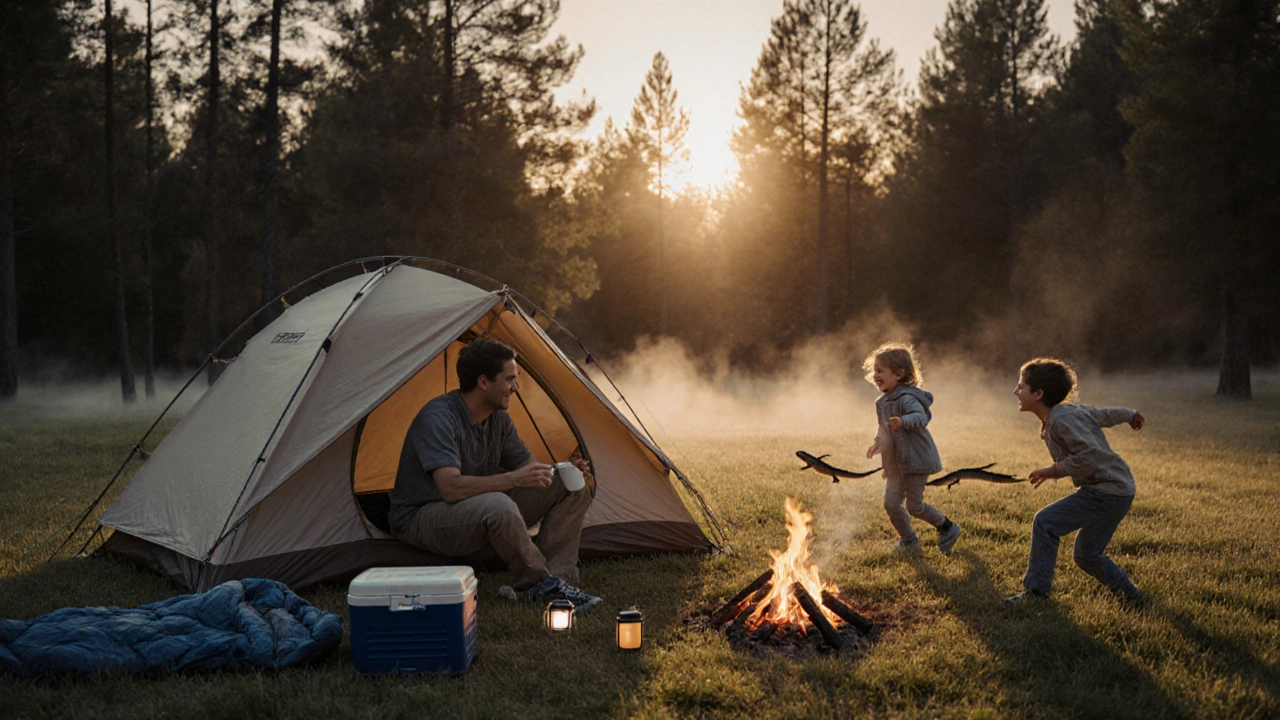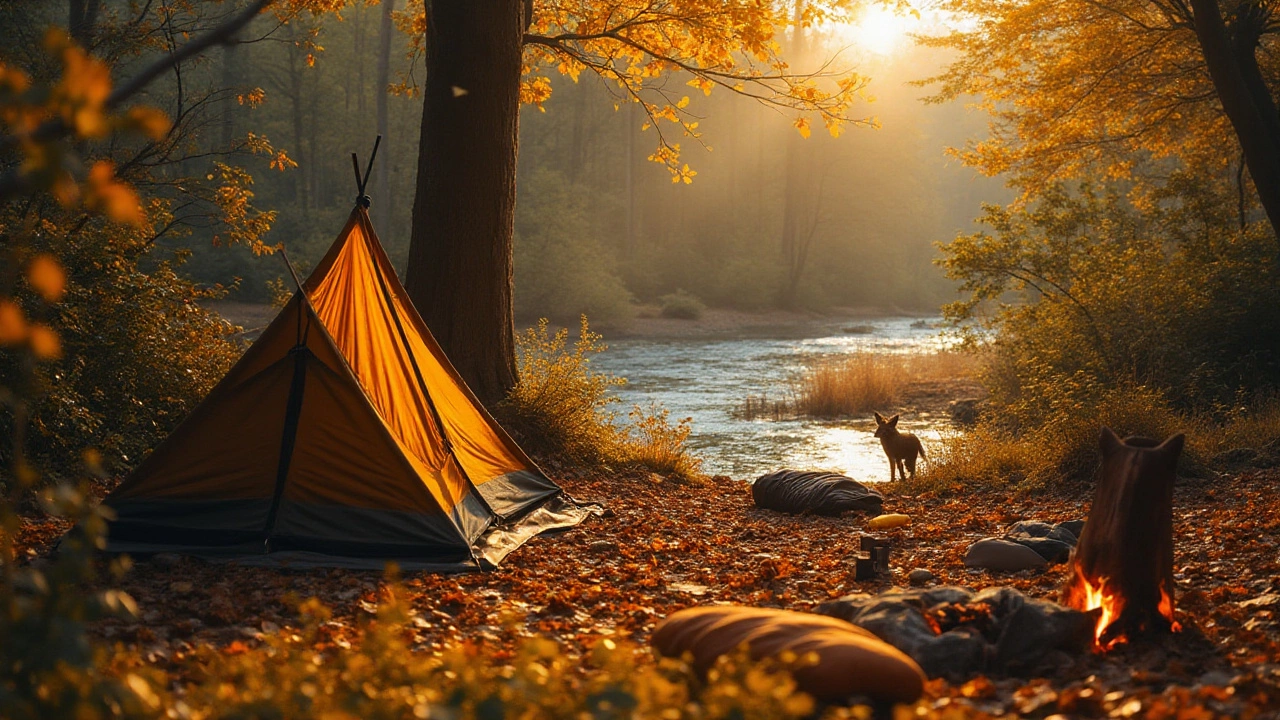Camping Safety: Simple Tips to Keep Your Trip Trouble‑Free
Got the itch to hit the road in your motorhome or tent? Great! The only thing that should ruin the fun is a safety slip‑up. Below are straight‑forward ideas you can start using today, whether you’re a first‑timer or a seasoned rver.
Everyday Safety Basics
First up, treat your campsite like a tiny home. Do a quick walk‑around before you settle in – look for loose rocks, low hanging branches, or water that might rise after rain. Set up your fire pit on level ground and keep a bucket of water or a fire extinguisher within arm’s reach.
Check your gear every trip. Make sure the gas bottles are tight, the battery isn’t corroded, and the lights work. A dead battery in the middle of a forest is a pain you can avoid with a simple visual check.
The “Rule of Three” is a lifesaver: three drinks, three hours of sunset, three miles from the nearest help. In practice, it means you carry enough water, know when darkness falls, and have a plan to reach help if something goes wrong.
Special Situations to Watch Out For
Solo camping, especially for women, feels empowering but adds a few extra checks. Share your exact location with a friend, carry a whistle, and pick well‑lit, low‑traffic sites. Trust your gut – if a spot feels off, move on.
Stealth camping in the UK can be tempting, but the law is clear: you can’t stay overnight on private land without permission. If you must, choose a discreet spot, keep a low profile, and leave no trace. That way you avoid fines and keep the wilderness open for everyone.
Boondocking at places like Walmart is popular, yet safety matters. Park in a well‑lit lot, lock all doors, and keep valuables out of sight. Use a portable carbon monoxide detector inside the cab and turn off the engine when you’re sleeping.
When using a camping triangle tarp, make sure it’s taut and anchored solidly. A loose triangle can collapse in wind, turning your shelter into a mess. Follow the setup tips in our “Camping Triangle” guide for a reliable shelter.
Nighttime wildlife can surprise you. Store food in airtight containers and keep it away from sleeping areas. A simple bear‑proof container or a locked fridge can stop a curious animal from turning your night into a scramble.
Finally, remember to stay connected. A charged phone, a power bank, or even a basic radio can be a lifeline if the weather turns bad or you need to call for help.
With these basics in mind, you’ll feel more confident setting up camp, sleeping in your vehicle, or exploring off‑grid spots. Safety doesn’t have to be a chore – it’s just part of the adventure. Happy camping!
-
 VIEW POST
VIEW POSTWhat Is Your Golden Rule When Camping? The One Thing That Keeps Families Safe and Happy
Nov, 18 2025|0 CommentsThe golden rule for family camping isn't about gear or location - it's about packing less so you can experience more. Learn how simplicity creates connection, reduces stress, and turns ordinary trips into unforgettable memories. -
 VIEW POST
VIEW POSTIs Sleeping in the Forest Without a Tent Safe? Tips and Considerations
Jan, 6 2025|0 CommentsSleeping in a forest without a tent is a scenario that attracts many adventurers, but it's important to consider various safety and comfort aspects. The article explores the conditions and preparations necessary for a safe tentless forest experience. It highlights the importance of weather considerations, wildlife awareness, and suitable sleeping gear. Readers will find practical suggestions and interesting facts to help them make an informed decision when planning a minimalist camping adventure.